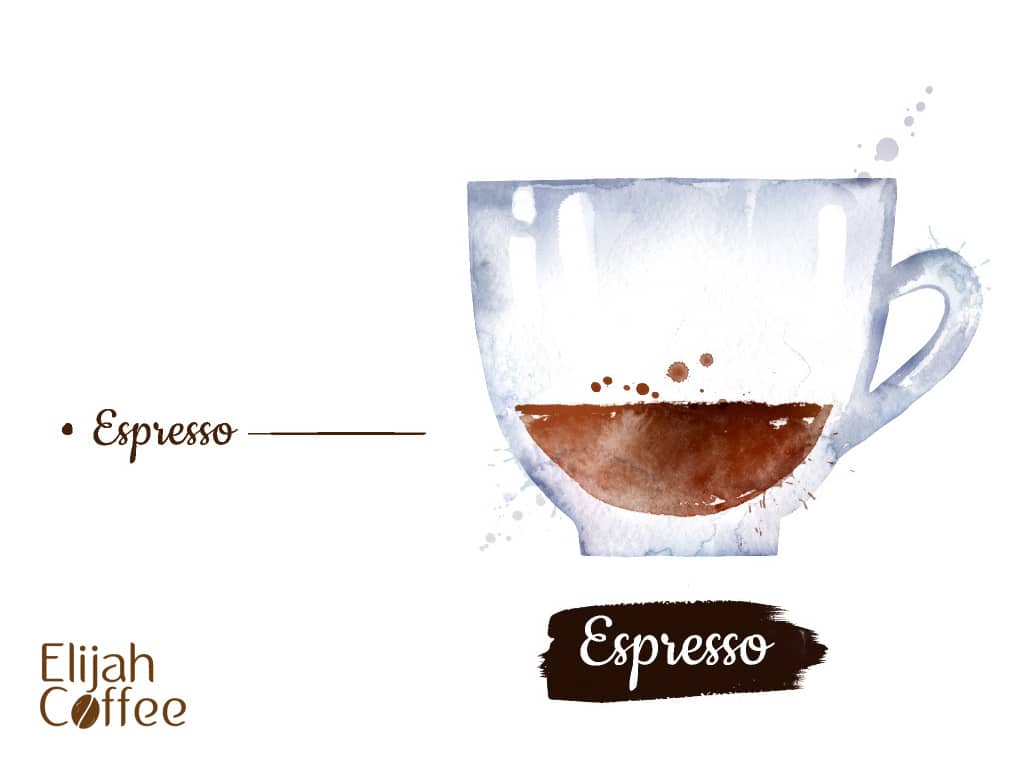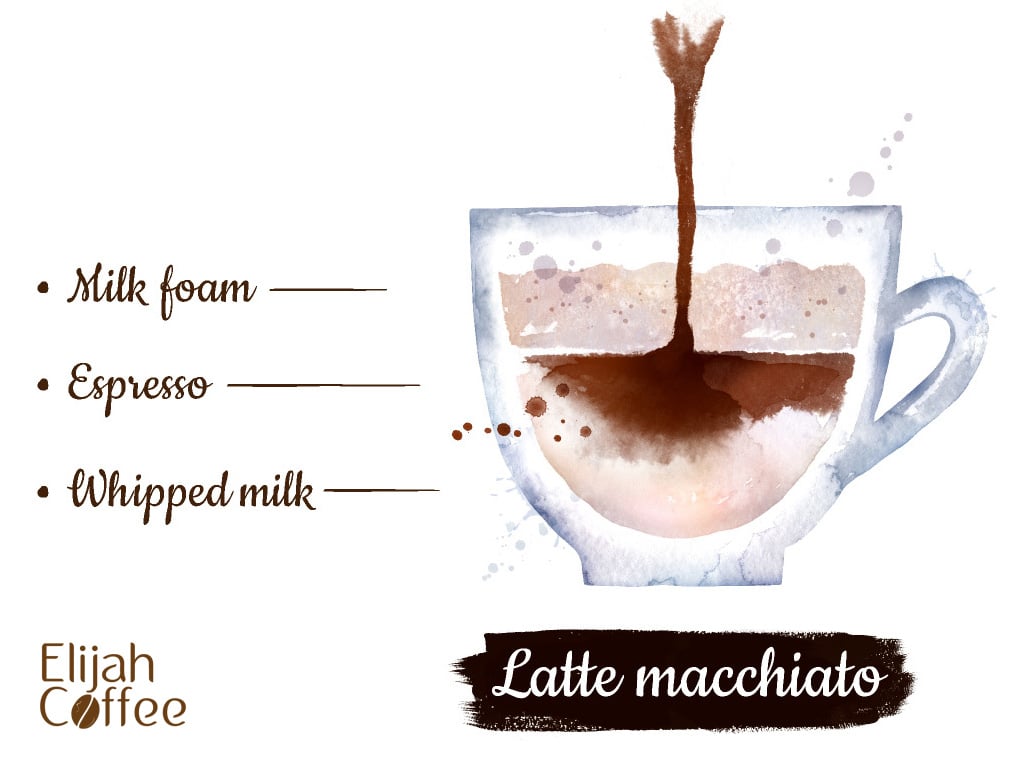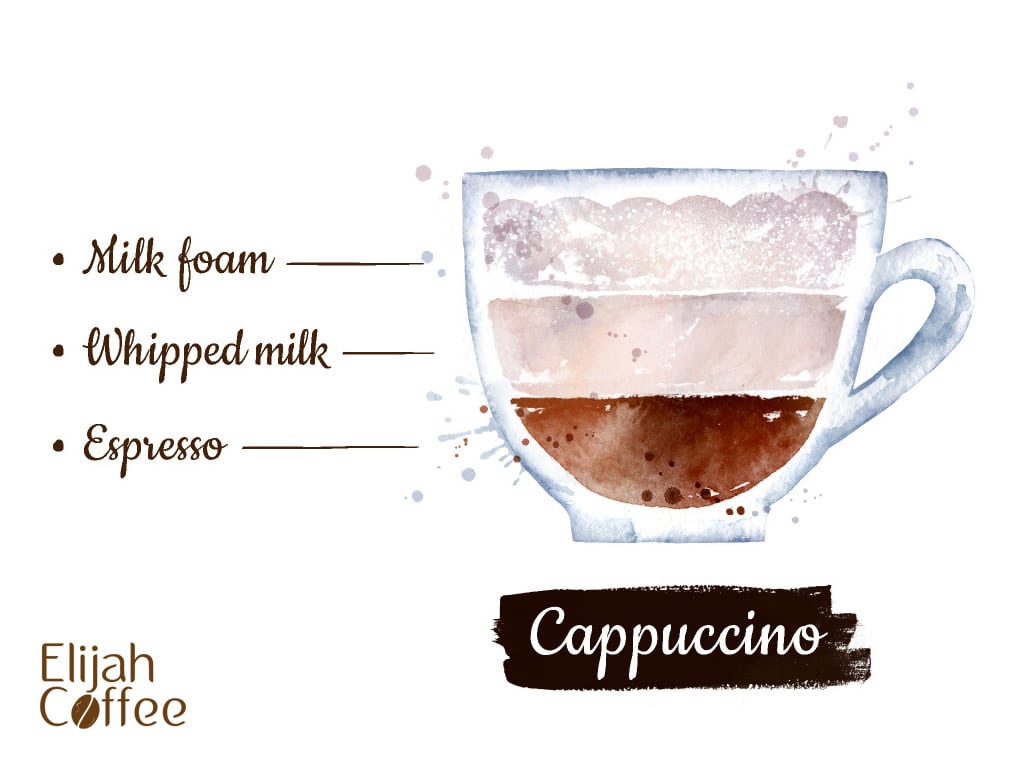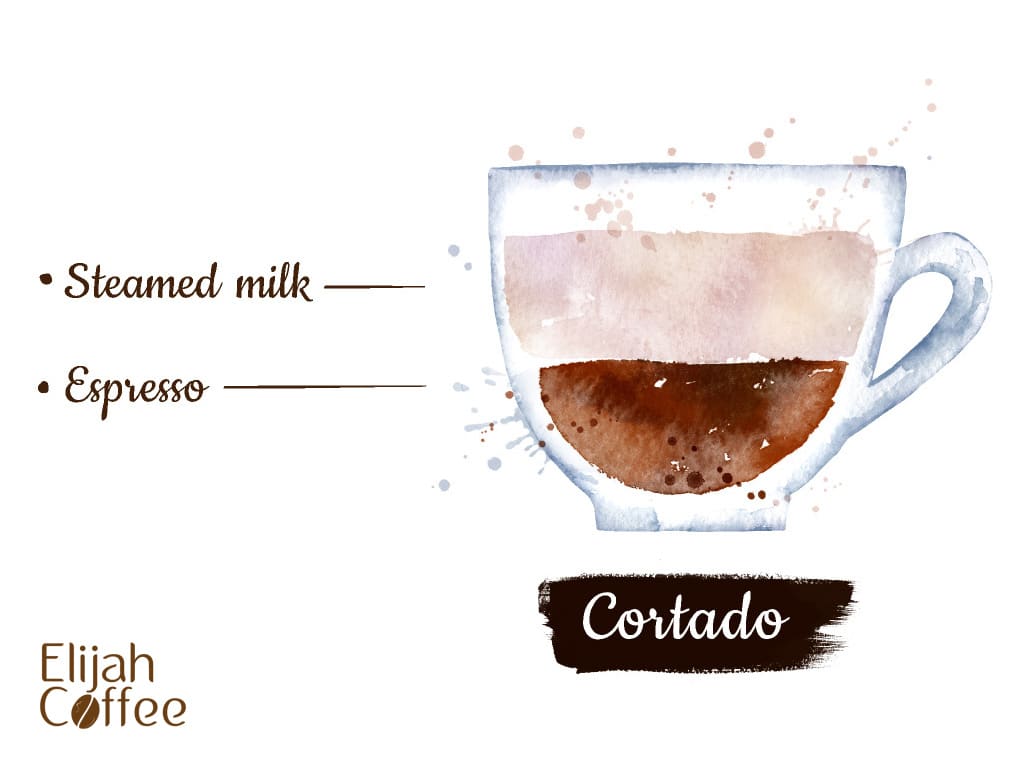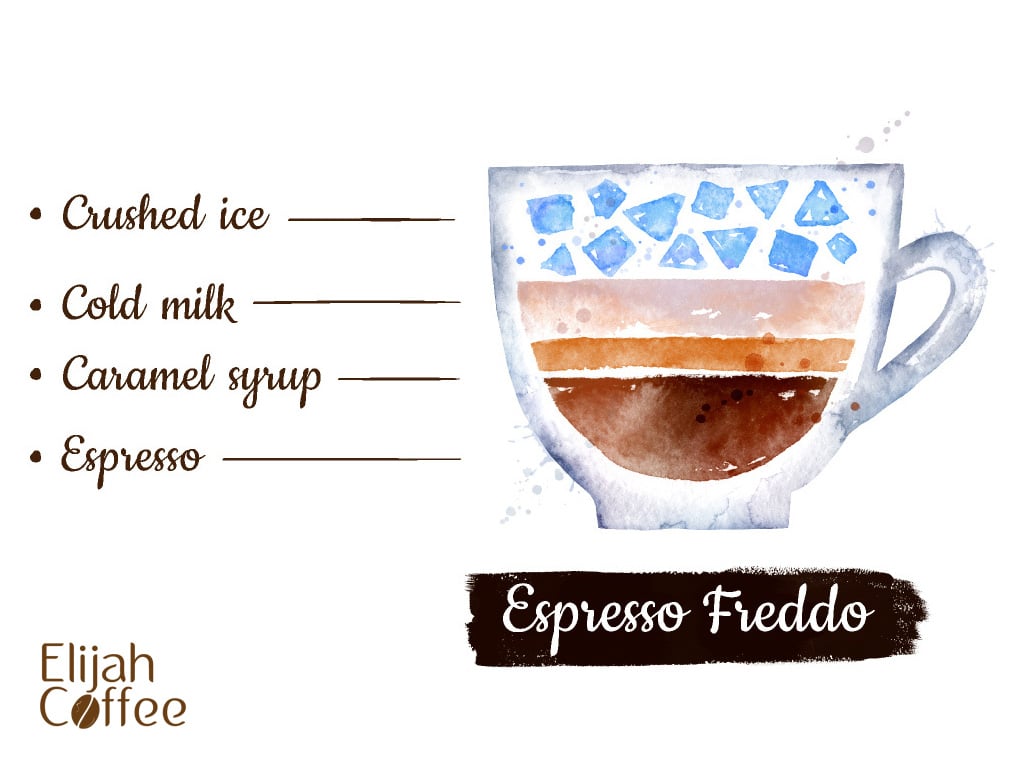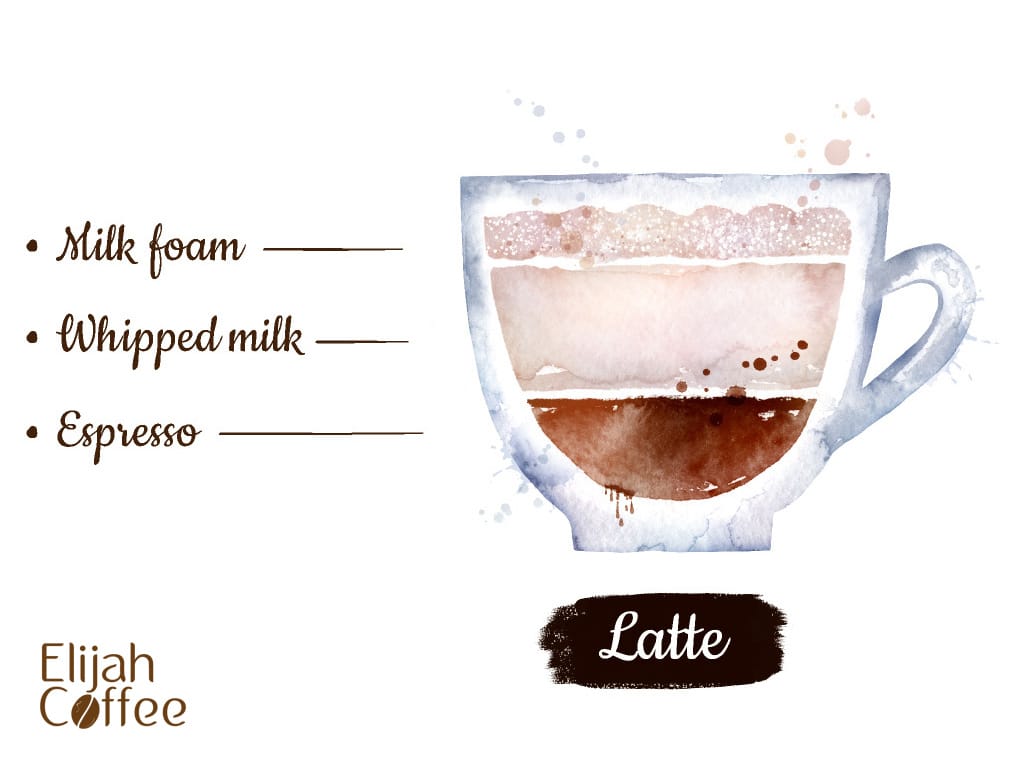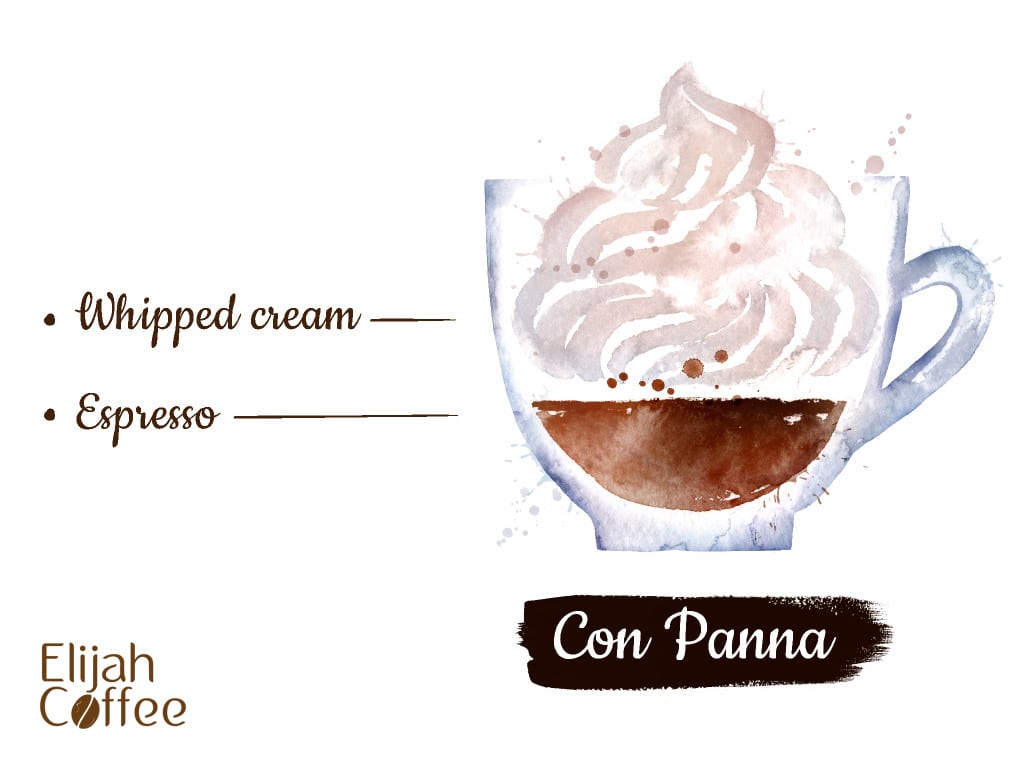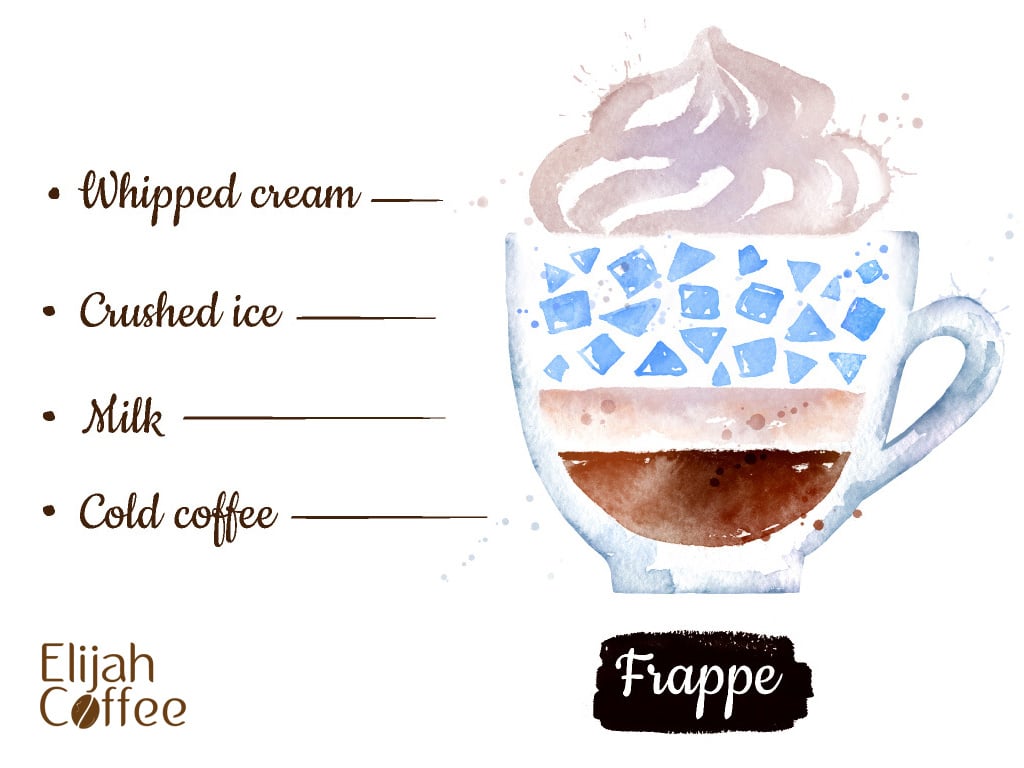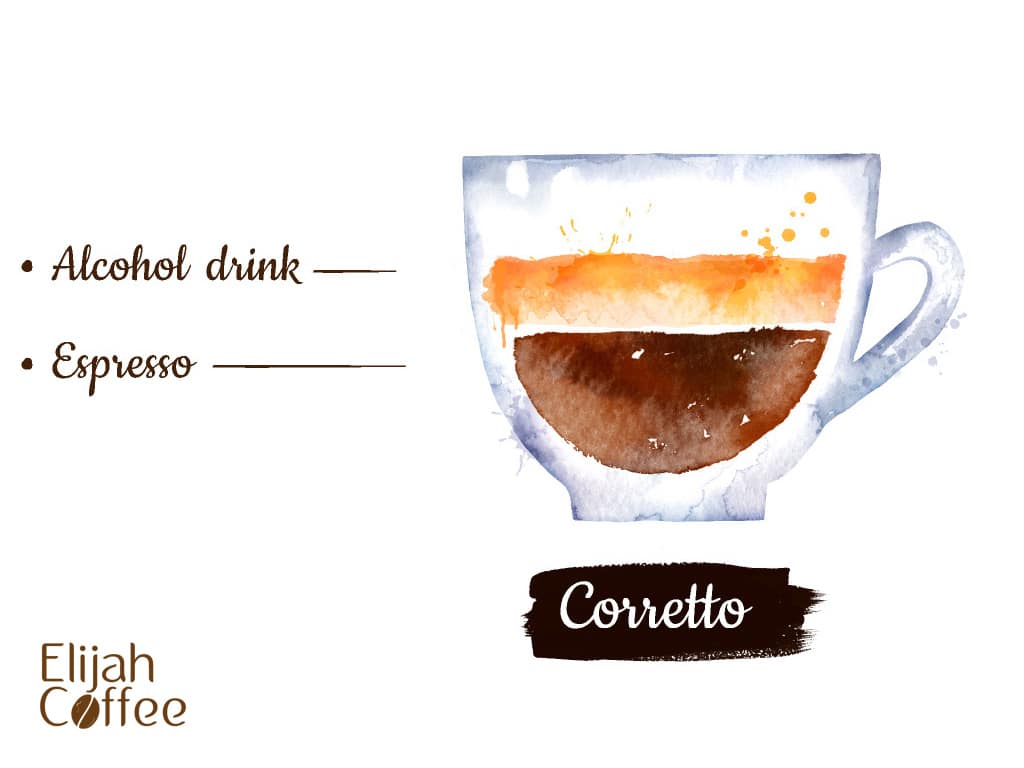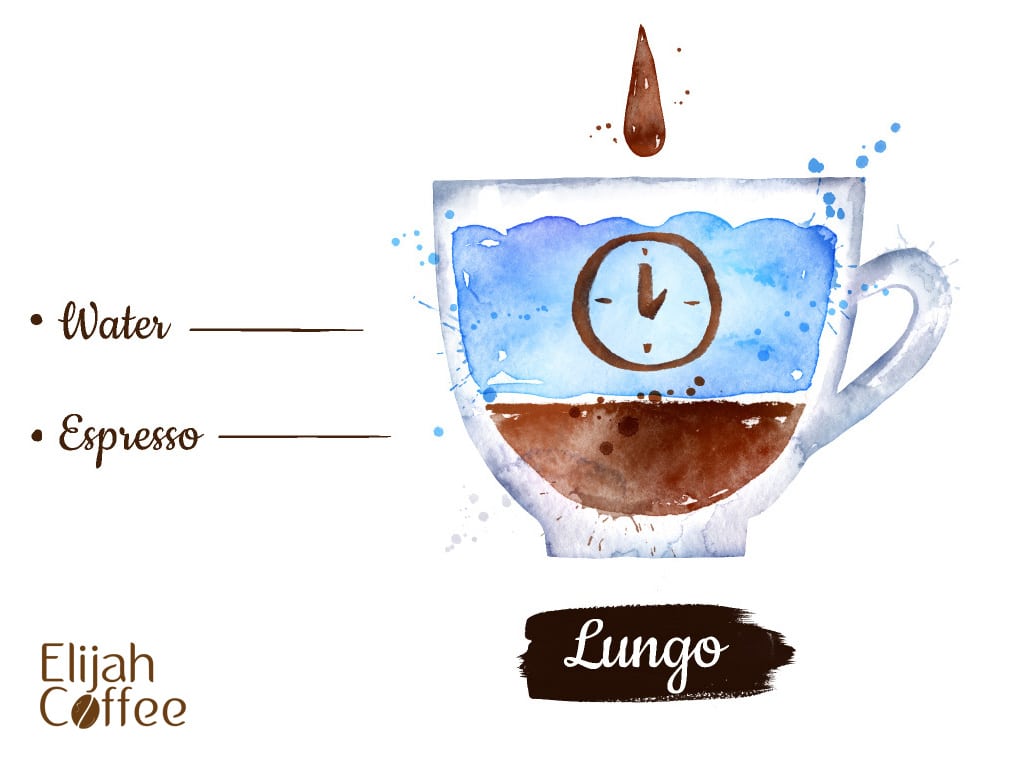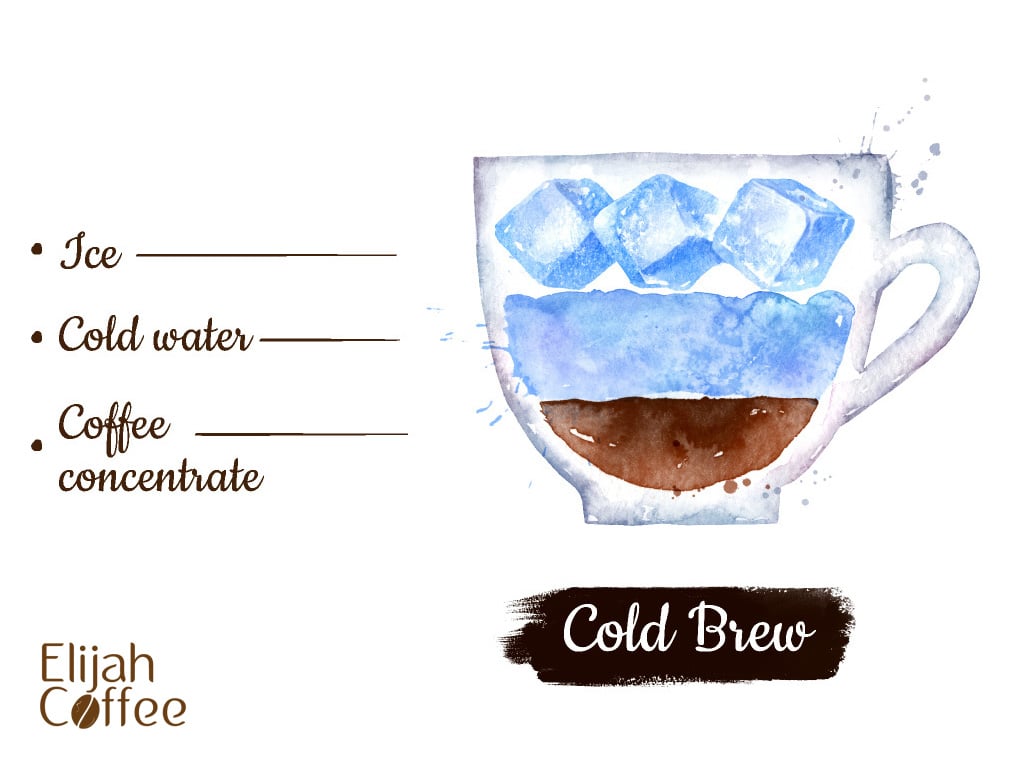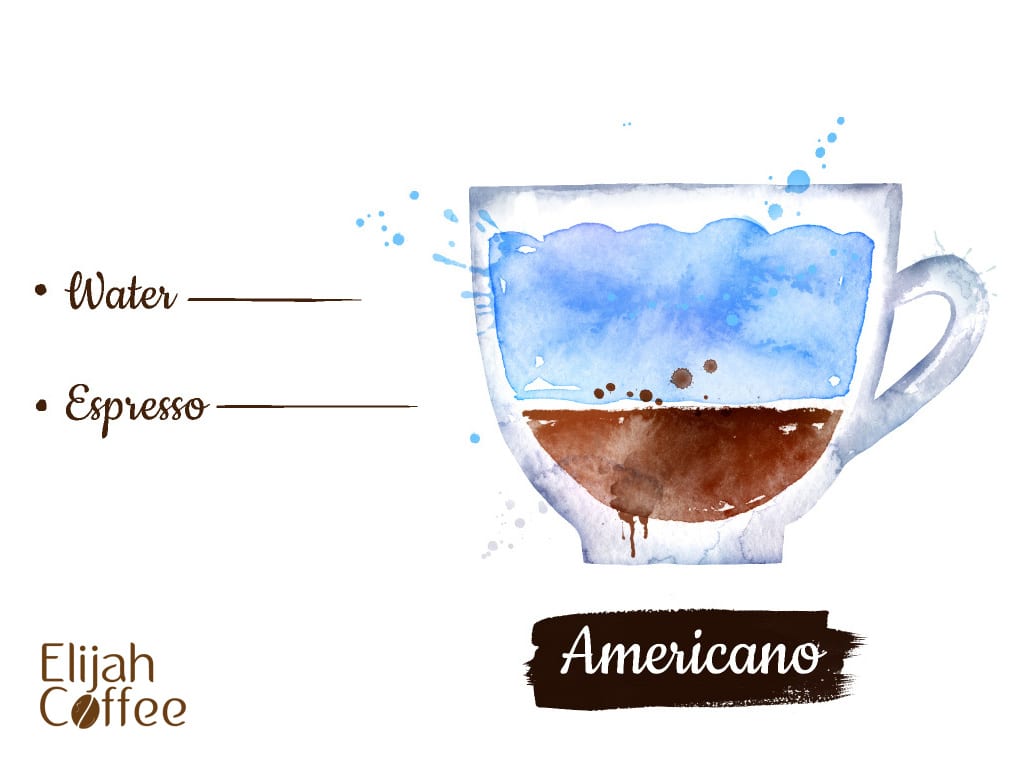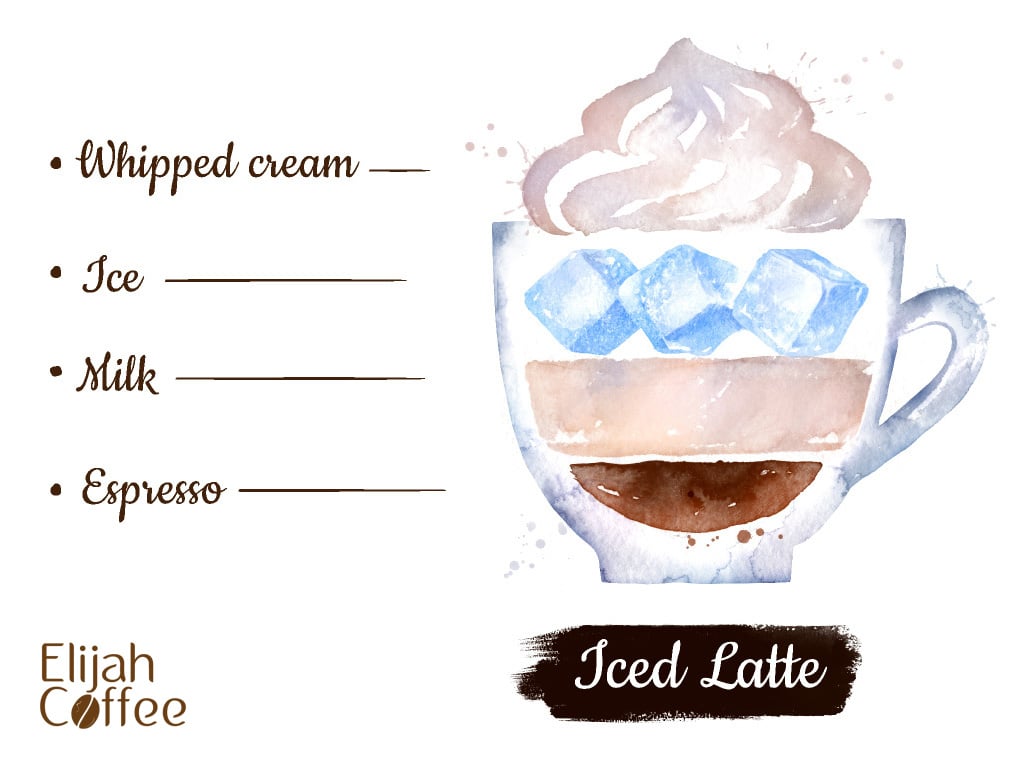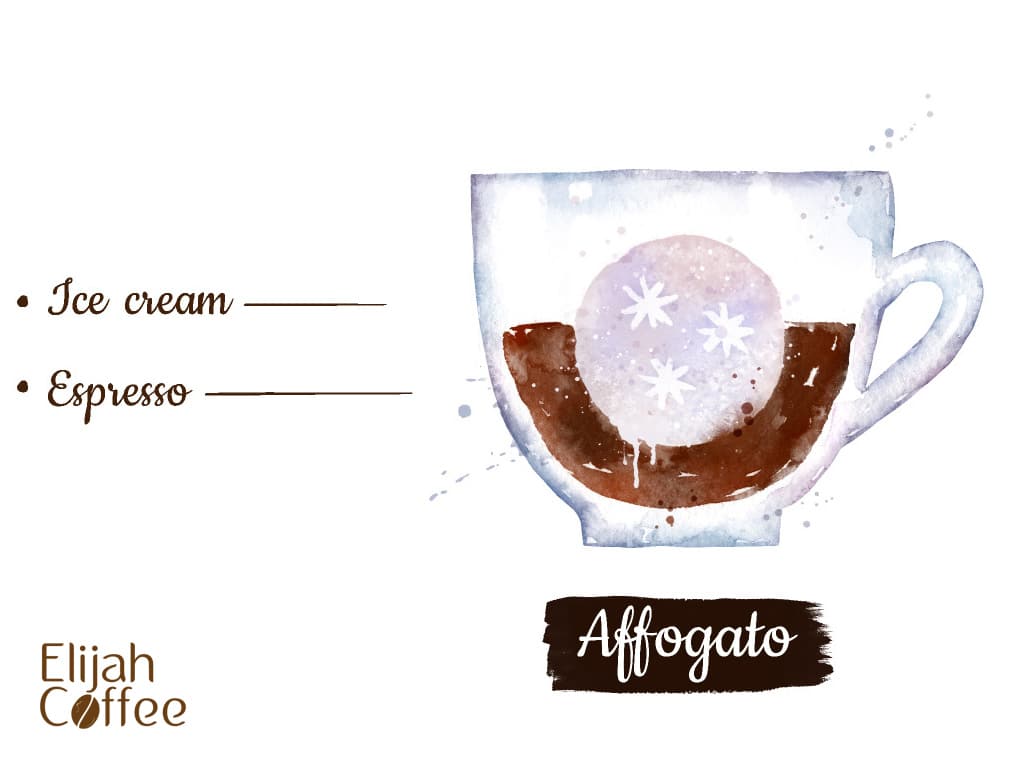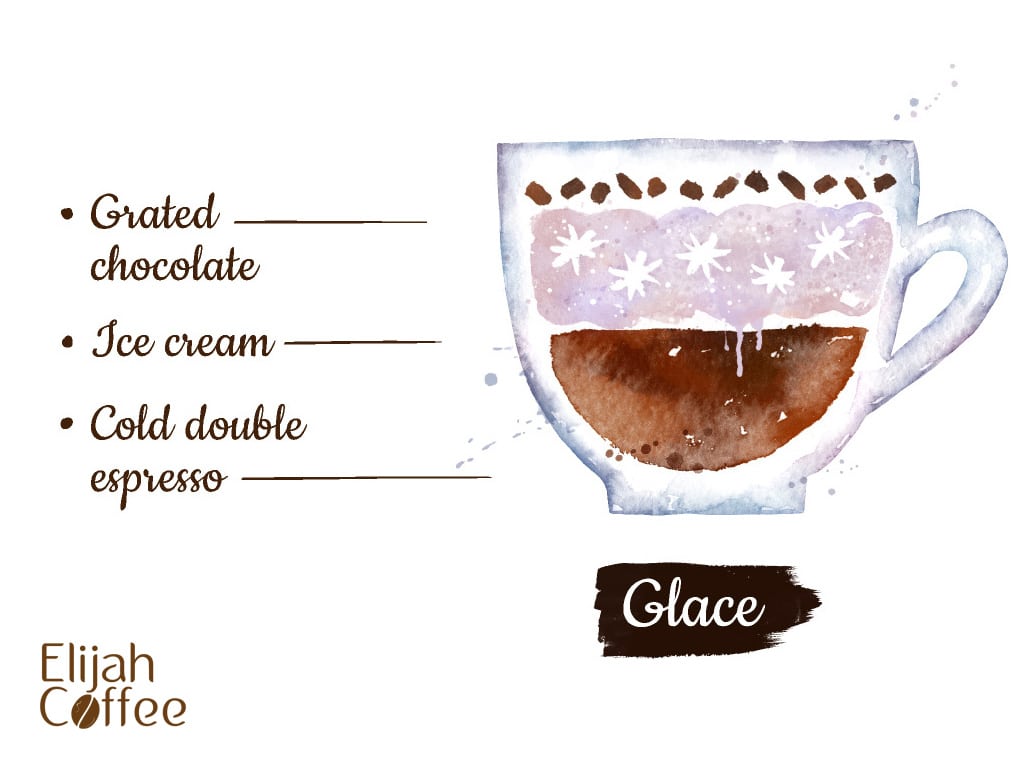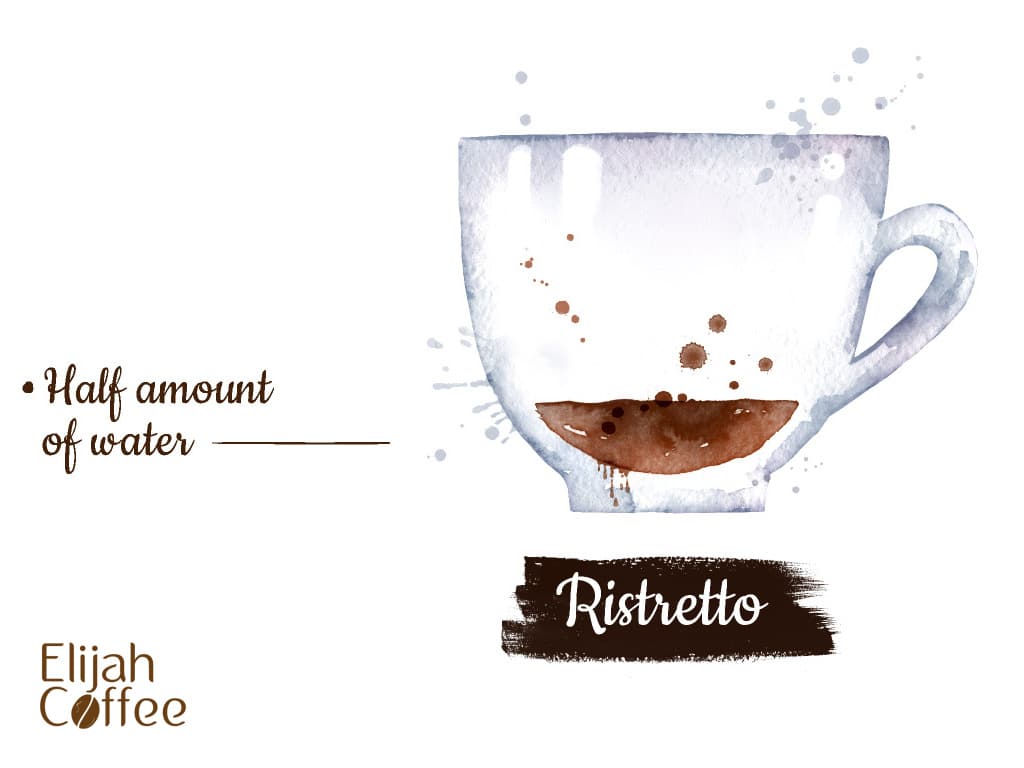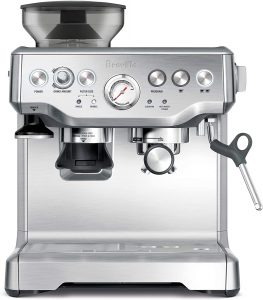Caffeine has a half-life of 3 to 5 hours, which means it takes one half-life or two half lives for half of the amount of caffeine in your system to leave your body.
For example, if your body has 100 mg of caffeine inside it right now and its half-life is 5 hours, then 50 mg will remain in your body after 5 hours and 25 mg will remain after 10 hours (two half lives).
Espresso is a concentrated form of coffee made by forcing pressurized hot water through finely ground coffee beans.
In order to understand how long it takes for espresso to work its way out of your system, you need to know how long it takes for the compounds in coffee to get broken down.
The compounds in coffee are called alkaloids. Alkaloids are organic nitrogen-containing compounds found in plants and animals.
The most common alkaloids are caffeine and theophylline, which are both stimulants that can be found in both natural and synthetic forms.
They stimulate parts of your brain that control alertness and mood, which is why many people use them to stay awake throughout the day or during times when they need a mental boost.
How Much Espresso is Enough?
The FDA says that you shouldn’t have more than 400 milligrams of caffeine per day. That’s about six and a half shots of espresso. But that’s a healthy limit, so drinking seven espressos won’t kill you!
The most important thing to remember is that everyone can handle caffeine differently.
How much coffee you can drink depends on your weight, what you’ve eaten, and how delicate you are to caffeine, among other things. If you do have questions regarding your caffeine consumption, consult a doctor.
How Long Does Espresso Take To Wear Off?
It takes forty to 1 hour for the effects of espresso to reach their peak after we drink it. The effects of coffee last for about an hour to two hours. But our bodies hold on to small amounts of caffeine and stimulants for 5 to 7 hours.
If you love your morning cup of coffee, but want to know what the effects are on your body, then you’re going to want to know how long does espresso last in your system.
While there are quite a few variables that can affect how long it takes for your body to process caffeine, here’s what you should know about how long espresso lasts in your system:
The average person metabolizes one cup of coffee within five hours — but it varies based on factors like age and weight.
Some studies even suggest that older people may have slower rates of absorption than younger people do.
For example, studies show that the half-life of caffeine increases with age; meaning it takes longer for an older person to metabolize the same amount of caffeine as a younger person would.
Can Espresso Keep You Awake?
Yes, It can. Caffeine is the most widely consumed drug in the world. It’s found in tea, coffee, chocolate and other foods and drinks.
Caffeine is also sold as a pill or powder. It has a wide variety of effects on the brain and body — including keeping you awake.
Caffeine’s stimulant effect on the brain makes it easier to pay attention and concentrate on an activity. It also increases feelings of alertness as well as blood pressure and heart rate.
Feeling the Effects from Espresso for too Long?
It’s a common problem — you drink a cup of coffee or two in the morning, and by mid-morning, you’re feeling tired and sluggish. You’ve had your caffeine fix, but now it’s time to get on with your day.
But are you still feeling the effects from that morning espresso? If so, then here’s what you should do:
Take a nap
It sounds like an extreme measure, but taking a nap can help clear out any lingering effects from caffeine. This can also give your body time to adjust to the caffeine levels in your system after drinking it at breakfast.
Napping also helps reduce stress levels, which are often associated with fatigue and other symptoms related to caffeine withdrawal.
Drink more water.
Drinking plenty of water can help flush out substances such as caffeine from your system.
Drinking large amounts of water throughout the day will help keep the kidneys flushed out and functioning properly — which will help prevent mild cases of dehydration from occurring due to excess fluid loss from frequent urination during this process (which is what happens when our bodies process caffeine).
Exercise
Exercise is a great way to relieve stress and release endorphins. Endorphins are natural chemicals in your brain that help you feel good and happy. Exercise is a great way to relieve stress and release endorphins.
Conclusion
Ultimately, how your body reacts to espresso depends on many factors such as caffeine tolerance, body weight, and overall health.
But if you are worried about a case of the jitters or headaches after drinking an espresso, simply enjoy it in moderation.



